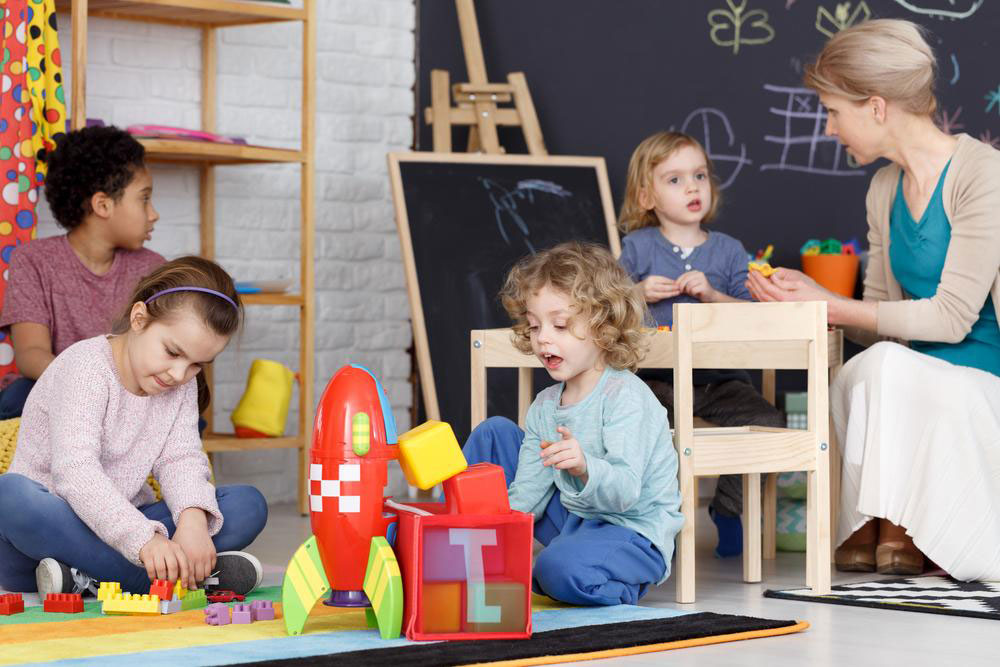A Comprehensive Guide to Implementing Effective Preschool Curriculums
This comprehensive article explores how preschool curricula are implemented, emphasizing the roles of teachers, daily routines, and engaging activities. Understand the importance of curriculum structure, play-based learning, and holistic development in early childhood education to make informed preschool choices. Learn how structured programs foster cognitive, social, and emotional skills essential for your child's future success, highlighting the significance of effective execution in shaping young minds.

Understanding the Implementation of Preschool Curriculums
Choosing the appropriate preschool for your child is a crucial decision that can significantly influence their early development. An essential aspect of this choice involves understanding the various types of curricula that preschools adopt and how these curricula impact your child's growth, learning habits, and social skills. Many parents may not realize the intricacies involved in designing and executing preschool curricula, which encompass a variety of educational principles, activities, and assessment methods. Gaining insights into these elements can help parents make more informed decisions and ensure their children receive a rich, well-rounded early education.
Effective preschool curricula are typically designed by experts in early childhood development, education psychology, and pedagogy. These specialists consider developmental milestones, learning sciences, cultural contexts, and the unique needs of children at different ages. It's not just about creating a curriculum; it's about developing a framework that guides teachers in fostering cognitive, social, emotional, and physical growth in young learners. Moreover, the implementation process plays a vital role in translating curriculum plans into meaningful classroom experiences. So, the question arises: 'How exactly is a preschool curriculum put into practice, and what are the key components involved?'
Role of Teachers in Curriculum Implementation
Teachers are the cornerstone of delivering any preschool curriculum. Their role extends beyond mere instruction to becoming facilitators of learning and emotional support. Depending on the curriculum, teachers may serve as guides, mentors, or caregivers, especially in settings catering to children with special needs. In a play-based curriculum, teachers might observe and gently guide children's exploratory activities, fostering independence and curiosity. Conversely, in more structured, academically focused curricula, teachers follow detailed lesson plans, assessment schedules, and learning objectives to ensure systematic progress. Their ability to adapt to each child's unique needs, communicate effectively, and create a nurturing environment is essential for the curriculum's success.
Curriculum Duration and Daily Schedule
The length of preschool programs can vary significantly based on the adopted curriculum. Some private preschools focus on a few hours of structured play and learning, catering to younger children or working parents seeking part-time care. Public preschools often provide full-day programs designed to nurture holistic development, including physical activities, cognitive learning, social interactions, and rest periods. Longer hours allow for a more comprehensive approach, integrating various developmental activities within a balanced daily routine. The schedule's structure reflects the curriculum's goals, whether emphasizing early literacy, emotional intelligence, or creative arts.
Learning Activities and Engagement Strategies
Preschools heavily rely on engaging, experiential activities that extend learning beyond traditional lessons. Group play, storytelling, arts and crafts, music, dance, and interactive games serve as vital tools to stimulate curiosity and reinforce learning concepts. These activities are deliberately designed to promote multiple developmental domains, including fine motor skills, language acquisition, social-emotional learning, and problem-solving abilities. Routine activities such as cleanup time, snack preparation, and outdoor walks also play significant roles in teaching responsibility, discipline, and self-care. Such routines foster independence and build essential life skills in young children.
Play-Based Learning as an Educational Foundation
While many outside observers perceive preschool primarily as a time for play, it is much more than just leisure. Play-based learning forms a core philosophy in many modern preschool curriculums, emphasizing that children learn most effectively through play and social interaction. Guided play activities are carefully designed to support cognitive development, language skills, and social-emotional competence. During play, children develop essential skills such as sharing, empathy, conflict resolution, and teamwork—foundations that impact their future academic and social success. Educators use play strategically as a pedagogical tool to foster creativity, curiosity, and a love for learning that can last a lifetime.
In sum, understanding how preschool curricula are implemented involves appreciating the roles of qualified educators, structured routines, engaging activities, and the guiding philosophy of play and developmental appropriateness. Parents should consider these factors when selecting a preschool, ensuring that their children are placed in an environment conducive to holistic early childhood development. The success of early education hinges not only on curriculum design but also on effective execution, tailored to meet the diverse needs of young learners and prepare them for future academic journeys.





